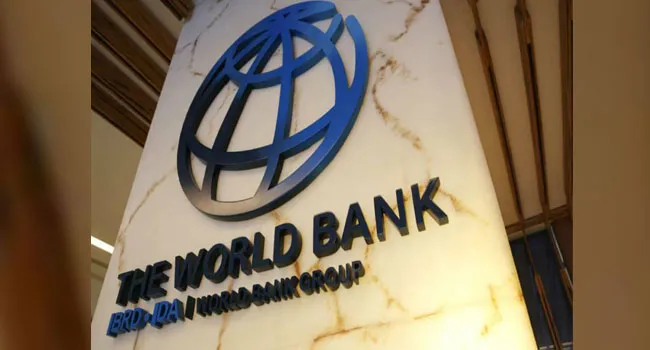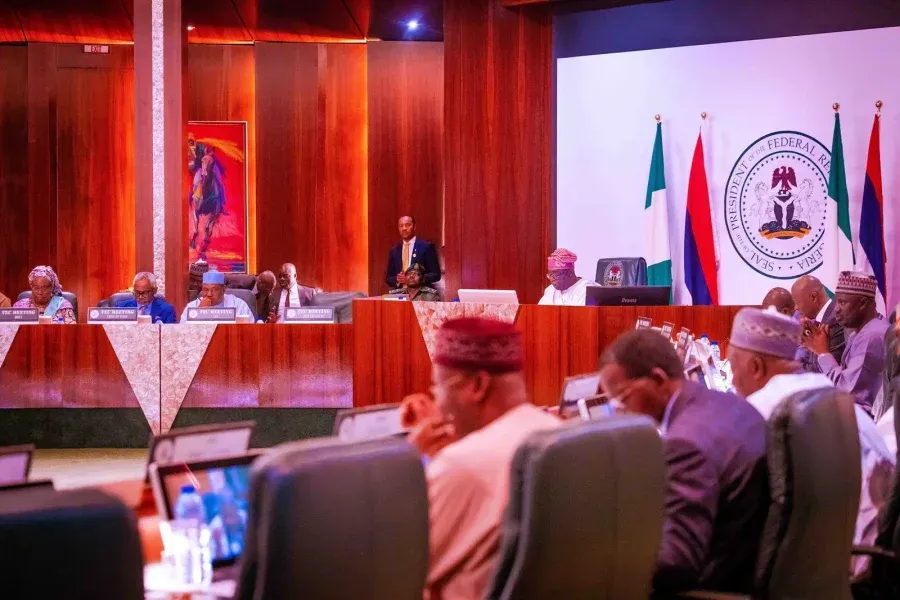Dr. Emomotimi Agama, the Director General of the Securities and Exchange Commission (SEC), has highlighted the untapped potential of Nigeria’s capital market in addressing the country’s significant infrastructure deficit. Speaking at the “Financing the Future in Nigeria” event hosted by the International Finance Corporation (IFC) and the Milken Institute in Lagos, Agama emphasized that with adequate investor education, the capital market could become a key platform for funding infrastructure projects across various sectors.
“We have the capacity. The potential for debt financing in Nigeria’s capital market remains largely unexplored because many people are unaware of its benefits,” Agama stated. He pointed out that the capital market has historically mobilized funds for other sectors of the economy, suggesting that similar mechanisms could be applied to finance infrastructure needs. “The capital market is the barometer of any economy,” he added.
Agama underscored the vast infrastructure requirements across Nigeria’s 36 states and the Federal Capital Territory, estimating the need for over $50 billion to cover sectors such as roads, healthcare, education, and agriculture. He referenced President Bola Tinubu’s economic vision for Nigeria to achieve a $1 trillion economy, asserting that the capital market could play a pivotal role in reaching that target through investments in various sectors, including mining, construction, and housing.
The event also featured insights from other financial leaders, including Mr. Tom Ceusters, Director of Treasury Capital Markets & Investments at the IFC. Ceusters discussed the importance of educating mid-level regulators and market participants to bolster capital market development. He noted that the IFC has trained 224 alumni from 56 countries, with 22 participants from Nigeria, to strengthen regulatory and market frameworks. “The impact of our program is evident in the contributions of our alumni, like Dr. Agama, to the advancement of regulation and market development,” Ceusters remarked.
Mr. John Hunter, Chief Operating Officer and Chief Financial Officer at the Milken Institute, described the event as a promising start but stressed the need for follow-up actions to sustain progress. He advised that regulators should focus on making the capital market more attractive by improving the ease of doing business and capitalizing on Africa’s large population as a bargaining asset. “Africa has a great story to tell, contrary to many perceptions out there,” Hunter concluded.
Agama and other experts reiterated the need for innovative, market-driven initiatives to transform the capital market into a crucial platform for meeting Nigeria’s infrastructure demands, ultimately contributing to the country’s economic growth and development.





